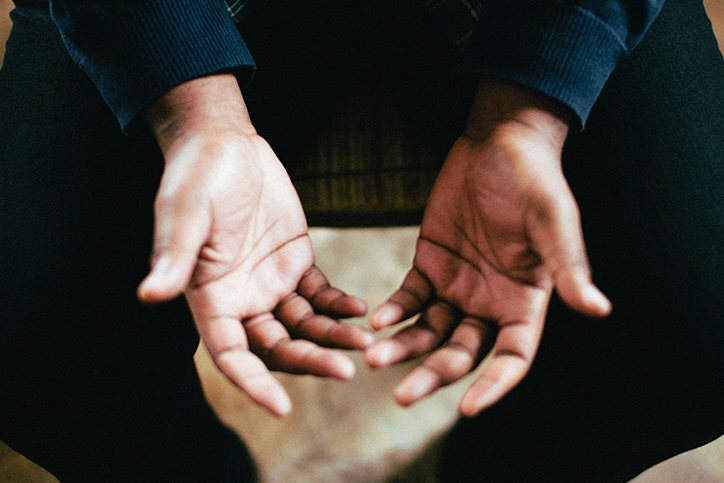Here in America and in most of Canada, we have funeral traditions that have stood the test of time for decades, even centuries.
But our traditions are vastly different from those in other countries and cultures.
This is a special edition of our series that highlights how different cultures and religions care for their dead. With Ramadan approaching, we want to look at Muslim funeral traditions.
Note, these traditions may vary depending on the individual and their own beliefs.
Preparing for Death
When a Muslim person is about to die, their family members gather around their death bed. The dying person should say the “shahada,” which means there’s no god but Allah. Then, everyone says other ritual readings and prayers, like Surah Ya Sin, which is chapter 36 in the Quran — Islam’s central religious text.
After the person passes away, everyone says “Verily we belong to Allah, and truly to Him shall we return.” Then, someone uses their hands to close the deceased eyes and their lower jaw. They put a cloth band around their chin and cover the body with a white sheet.
They also ask Allah to forgive the deceased for their sins, because Muslims believe that even though the deceased’s life on Earth is over, their soul lives on. On Judgment Day, their actions while on Earth are judged to determine whether they go to paradise or hell.
Preparation of the Body
The deceased’s family should wash the body as soon as possible after death. Usually, women wash a deceased female and men wash a deceased male. They wash the body three times, or another odd number of times, in fresh or lukewarm water and may add Beri tree leaves. First, they wash the limbs and then the body, starting from the right side to the left side.
When they’re done, they wrap the body in a white cloth shroud. Deceased males have three shroud pieces: a top sheet, bottom sheet, and large sheet for the entire body. In addition to these shroud pieces, deceased females have two more shroud pieces: one for their chest and head.
Sometimes, close family and friends arrange a private viewing at the funeral home. Since the burial is usually within 24 hours of the death, there isn’t usually a public viewing. Also, embalming isn’t practiced unless it’s required by law.
Muslim Funeral Service and Burial
After washing the body, the family takes the body to the Funeral Prayer location, which is either in the open or a special place designed for this purpose. Then, there’s a funeral procession to the burial location; Muslims don’t believe in cremation. They either carry the casket or use a vehicle if it’s far away. Traditionally, women didn’t join the funeral procession and burial ceremony.
The deceased is buried so their head faces Mecca. After the burial rituals are complete, everyone puts up to three handfuls or shovelfuls of dirt into the grave. Then, everyone goes to the deceased’s family’s house for a meal.
Mourning Period
A typical mourning period lasts up to 40 days, but those grieving return to their regular activities after three days. However, a widow’s mourning lasts four months and 10 days, and they can’t remarry during this time. While mourning, women may choose to not wear makeup, fancy clothing, perfume, or attend social events. It’s acceptable for those mourning to cry, but they can’t wail, destroy things, or show a lack of faith.





0 Comments